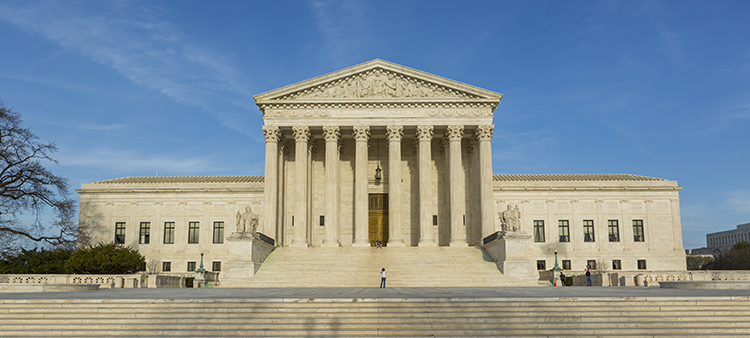
Unicorn leather. Wood from Yggdrasil the World Tree. Moon rock inlays. What client wouldn’t enjoy kicking in for this sort of conference room experience?
Earlier in my career, I worked at a law firm that was creating a new office space that the firm would be using when our current lease expired. Managers of the law firm held a meeting at which they discussed plans for the new office space and why they felt it was necessary to have a better office for the firm. The partners spoke about additional collaboration space, and the fact that each office would have state-of-the-art equipment, which all sounded solid. Moreover, the managing partner also conveyed that the office would look great to clients when they saw the space we all worked in. At the time, this argument for the new office space made sense, but in the years since, I have questioned whether clients really care what type of office space a lawyer maintains.
Attorney-client meetups in person are relatively rare these days. Before the COVID-19 pandemic, it was more common to see attorneys and clients meet in offices to prepare for depositions or other events in a case. Some prospective clients might also wish to meet lawyers in person, especially with respect to larger matters, so they can better evaluate the capabilities of a lawyer.
However, since the COVID-19 pandemic, it is relatively rare in most instances for clients to meet their lawyer in the attorneys’ office. Indeed, I have only met up with a client in person in my office a few times in the past several years. Usually, I only meet clients in person at court appearances, in-person depositions, or other events related to a case I am handling. This is because most clients understand that virtual communications save everyone the time and burden of traveling to an office for a meeting.
In the rare event that clients come to my office, I doubt that the client really cared what the office looked like. Most of the time when a client came to my office, they spent nearly all of that period in my private office or in a conference room. Offices for associates are almost identical across all law firms, and law firm conference rooms do not vary much in appearance either. It is doubtful that a client would evaluate a lawyer or a law firm based on the commonplace features found in the spaces commonly used by clients who show up to their lawyer’s office.
Moreover, the appearance of a lawyer’s office is usually not a factor that a client considers when choosing whether to work with a given client. In this competitive marketplace, the most important attribute of a lawyer to the vast majority of clients is how much a lawyer charges. In most situations, the lawyer who charges the least amount of money and has anywhere near the experiences and capabilities of another lawyer will get the job.
Sure, some clients like hiring a high-priced lawyer, and might appreciate a cushy office as a reflection of the price they paid for counsel. At the top end of the hierarchy, it might make sense for premium lawyers to spend resources on a solid office so that the clients who are charged insane sums feel better about the money they are spending. But in the vast majority of instances, especially for small firm lawyers and solo practitioners, I am willing to bet that the office space of a lawyer does not move the needle much for clients. Indeed, they might appreciate a lawyer who has a sparser office since they can presumably pass along any savings to the clients.
As the legal industry emerges from the COVID-19 era, many law firms are stubbornly clinging to traditional offices even though COVID-19 showed us that remote work often works best. Law firm managers should seriously question whether client perceptions are a good reason for lawyers to maintain swanky offices since clients likely do not evaluate a lawyer based on a law firm’s office in the vast majority of cases.
 Jordan Rothman is a partner of The Rothman Law Firm, a full-service New York and New Jersey law firm. He is also the founder of Student Debt Diaries, a website discussing how he paid off his student loans. You can reach Jordan through email at jordan@rothmanlawyer.com.
Jordan Rothman is a partner of The Rothman Law Firm, a full-service New York and New Jersey law firm. He is also the founder of Student Debt Diaries, a website discussing how he paid off his student loans. You can reach Jordan through email at jordan@rothmanlawyer.com.
#Clients #Care #Lawyers #Office









